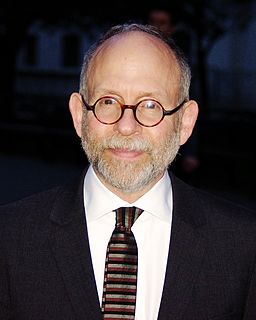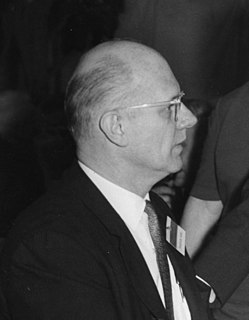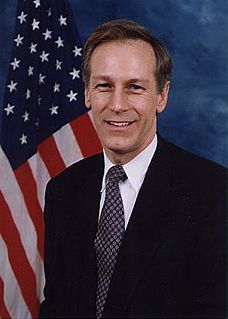A Quote by Gina McCarthy
We are very confident that the data is showing that carbon capture and sequestration is technologically feasible and it's available. It has been successfully demonstrated and there are full-scale both conventional and unconventional coal projects with CCS that are moving forward. So there is no question that there's continued investment in this technology.
Related Quotes
For electric power generation, we are very optimistic about solar-thermal technology, and we’re intrigued by the potential of enhanced geothermal energy to replace coal-based power generation. Traditional carbon capture and sequestration-based coal power generation is somewhat unlikely to be competitive.
If you really could take the CO2, when you burn hydrocarbons - coal, for example - if you could really capture the carbon and sequester it - they call it CCS - if the extra capital cost, energy cost, and storage costs over time didn't make it super expensive, then that's another path that you could go down.
The most difficult task, phase-out over the next 20-25 years of coal use that does not capture CO?, is Herculean, yet feasible when compared with the efforts that went into World War II. The stakes, for all life on the planet, surpass those of any previous crisis. The greatest danger is continued ignorance and denial, which could make tragic consequences unavoidable.
This treaty [Kyoto] is, in our opinion, based upon flawed ideas. Research data on climate change do not show that human use of hydrocarbons is harmful. To the contrary, there is good evidence that increased atmospheric carbon dioxide is environmentally helpful...agreement would have very negative effects upon the technology of nations throughout the world, especially those that are currently attempting to lift from poverty and provide opportunities to the over 4 billion people in technologically underdeveloped countries.































